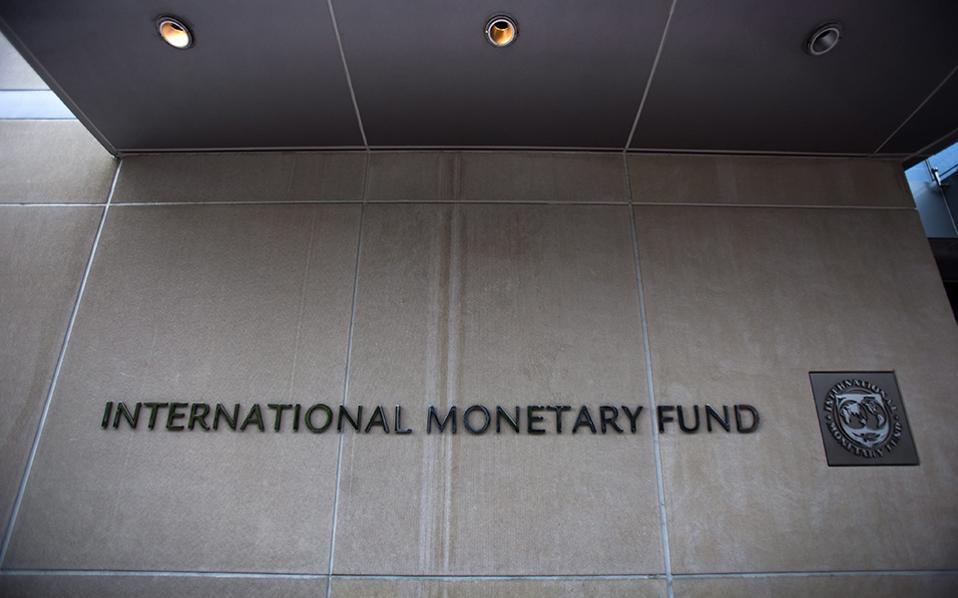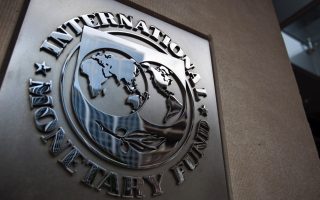IMF says ECB may need to extend money-printing to get eurozone going

Eurozone growth will be subdued over the medium term and the European Central Bank may need to extend its money-printing programme for longer than planned, the International Monetary Fund said on Monday.
In its annual report on the region, the IMF said the eurozone's recovery was strengthening due to lower oil prices, a weaker euro and central bank action, but medium-term prospects were for an average potential growth of just 1 percent.
Mahmood Pradhan, deputy director of the IMF's European department, said the ECB needed to carry out its quantitative easing programme, designed to buy around 1 trillion euros of government bonds and other assets, in full.
“The important thing is that the ECB intends to stay the course until September 2016 and that, we think, will be necessary. It may need to go beyond that,” he said.
In its report, the IMF said euro area gross domestic product (GDP) should accelerate to 1.7 percent next year from 1.5 percent in 2015, with inflation of 1.1 percent from zero, reflecting a still large output gap.
“But the medium-term outlook is subdued, as a chronic lack of demand, impaired corporate and bank balance sheets, and weak productivity continue to hold back employment and investment.”
Potential growth, at an average of only 1 percent over the medium term, was well below what is needed to reduce unemployment to acceptable levels in many countries, it said, adding that the euro area was vulnerable to negative shocks and prolonged low growth.
The IMF said that the eurozone needed to clean up balance sheets at its banks to encourage them to lend and firms to invest.
Reforms were also needed to improve labour markets and productivity and more effort was required to implement in full EU rules for creating a single services market and to establish single markets for transport, energy and the digital economy.
“In the euro area, the important area is structural reforms. This is where the euro area, when compared to OECD countries, for example, is lagging behind. We need to find a way to incentivise countries to go faster,” Pradhan said.
[Reuters]





